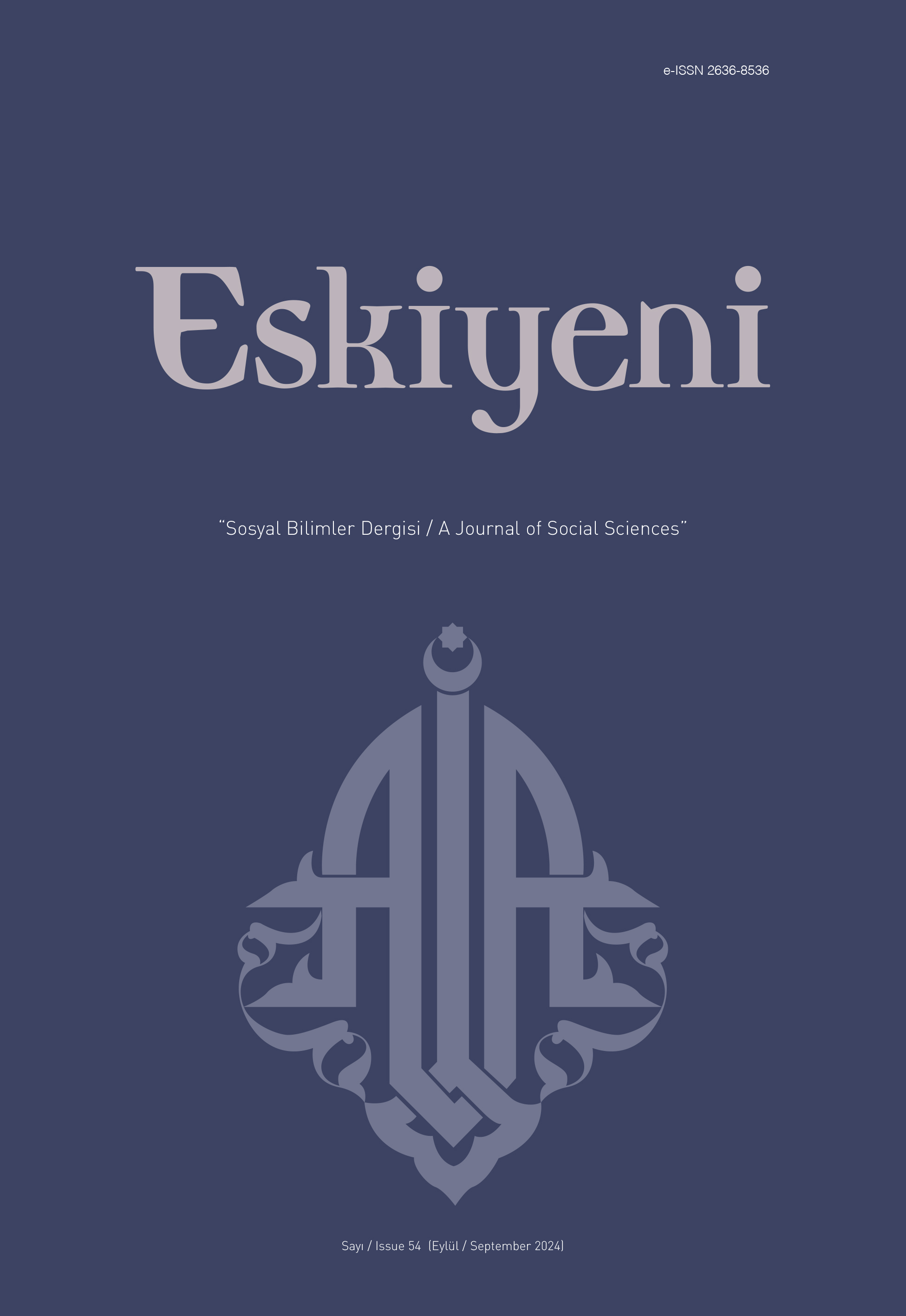Türkiye’de 1980’li ve 1990’li Yıllarda Radikal Eğilimli İslamcı Erkeklerin Deradikalleşme Sürecini Etkileyen Faktörler
Factors Affecting the Deradicalization Process of Radically Tendency Islamic Men in Turkey in the 1980-1990s
Author(s): İbrahim Halil Şimşek, Zekiye DemirSubject(s): Recent History (1900 till today), Islam studies, Post-War period (1950 - 1989), Sociology of Religion
Published by: Anadolu İlahiyat Akademisi
Keywords: Radicalism; Radicalization; Radical Islam; Deradicalization; Sociology of Religion; Islamic Deradicalism;
Summary/Abstract: Radical Islam is a phenomenon that began to appear in Turkey in the 1970s. The radical tendencies that increased in the world in the second half of the 20th century began to show themselves in Turkey. The radical Islamic tendency, which increased especially between 1985 and 1994, gradually decreased after 1994 with the strengthening of the Welfare Party, and this decrease accelerated even more during the Justice and Development Party's rule. Study; It deals with the factors affecting the deradicalization process of radical Islamists in Turkey and the effects of local political practices on the deradicalization process of radical Islamists, the increase in the level of knowledge, experiences with family and social environment, the desire to improve social and economic conditions, and deradicalization in the context of the results of global radical Islamic movements. aims to examine the process. To achieve this goal, it was deemed appropriate to choose qualitative research method and interview technique. From a qualitative research perspective, an attempt was made to examine in depth the political, social and economic experiences that led to the deradicalization process of radical Islamist men, using semi-structured questions and interview technique. As a result of the analysis, effective factors in the deradicalization of radical Islamist individuals were identified due to the change in individual and social conditions. The experiences of radical Islamists in the deradicalization process resulted in the researcher's interpretation and interpretation. In terms of the study's position in the literature, it can be said that it is the first study to evaluate this process. The fact that the deradicalization of radical Islamist men in the 1980s and 1990s has not been studied before makes this study important. The research started in February 2022 and ended in December. A total of 20 participants who were inclined towards radical Islam in the 1980s and 1990s and whose radicalism later faded away took part in the study. In the first part of the study, which deals with the deradicalization process of radical Islam on individuals in the political, social and economic context, the impact of Necmettin Erbakan, the leader of the Welfare Party, and Recep Tayyip Erdoğan, the leader of the Justice and Development Party, on the transformation of radical Islamist individuals was evaluated. As a second factor, the increase in the level of both religious and general knowledge played an important role in reducing radical tendencies. Individuals begin to evaluate the world from a broader perspective by increasing their knowledge, especially during the university education process. As a third factor, experiences arising from communication with family and social circle also weaken the sharp outlook and attitude. As the fourth factor, the effect of socioeconomic conditions on the reduction of the individual's radical tendency was evaluated. The last factor is the impact of the results achieved by radical Islamist movements in the world.
Journal: Eskiyeni
- Issue Year: 2024
- Issue No: 54
- Page Range: 1053-1074
- Page Count: 22
- Language: Turkish

